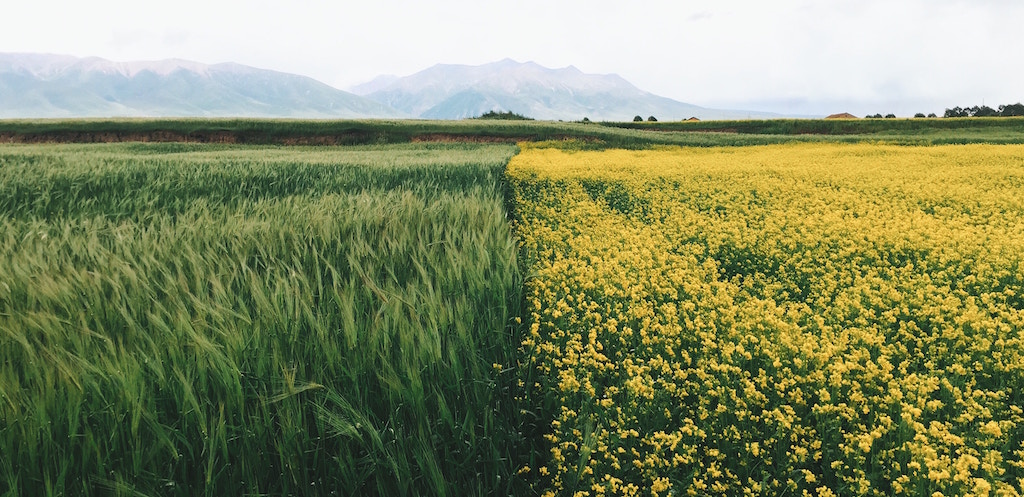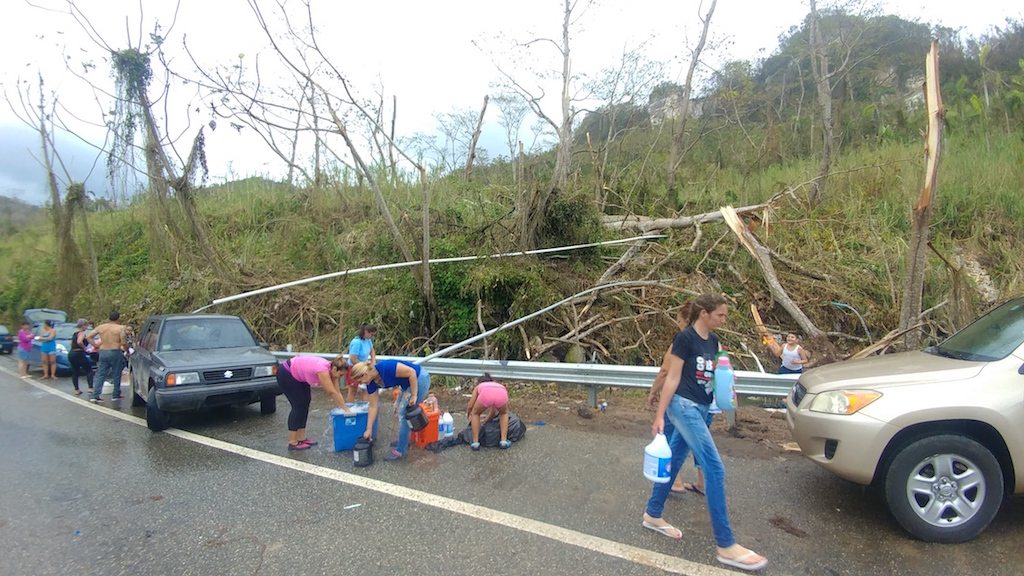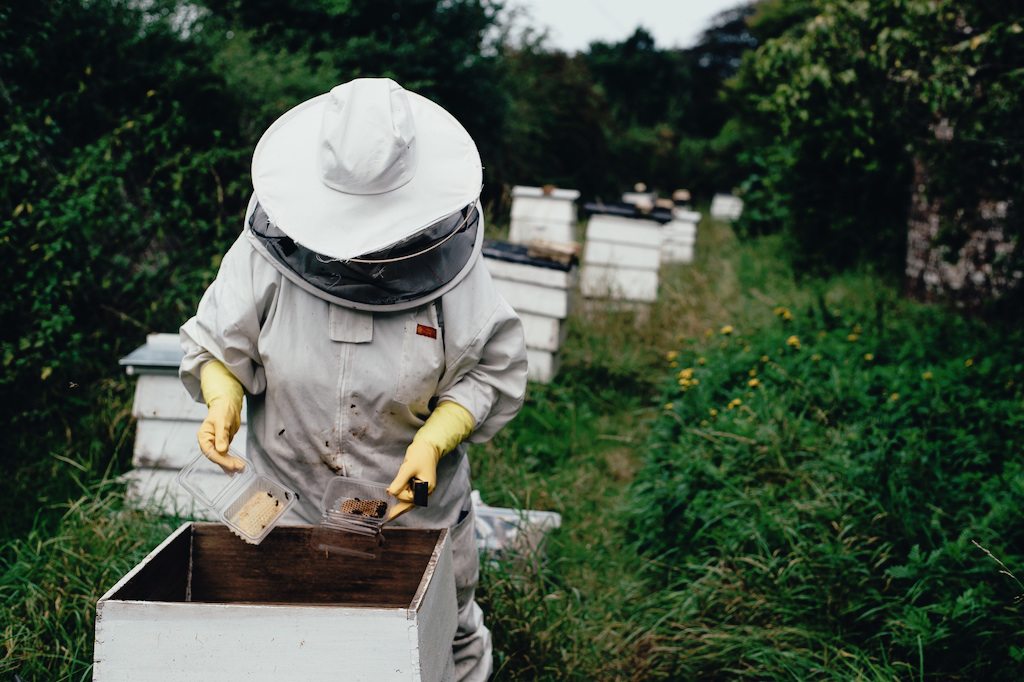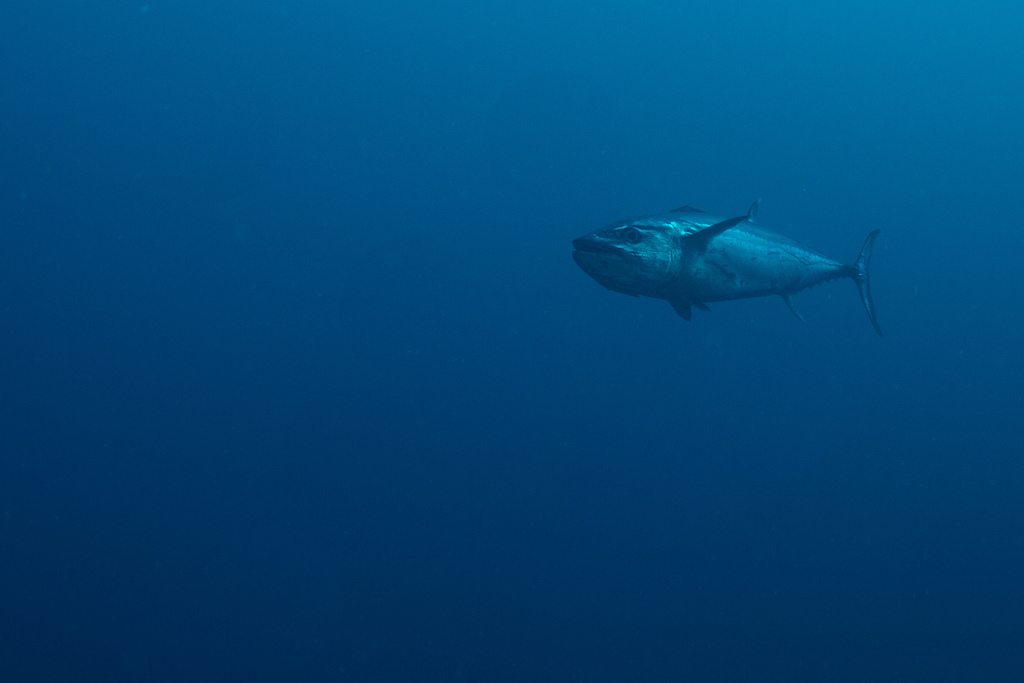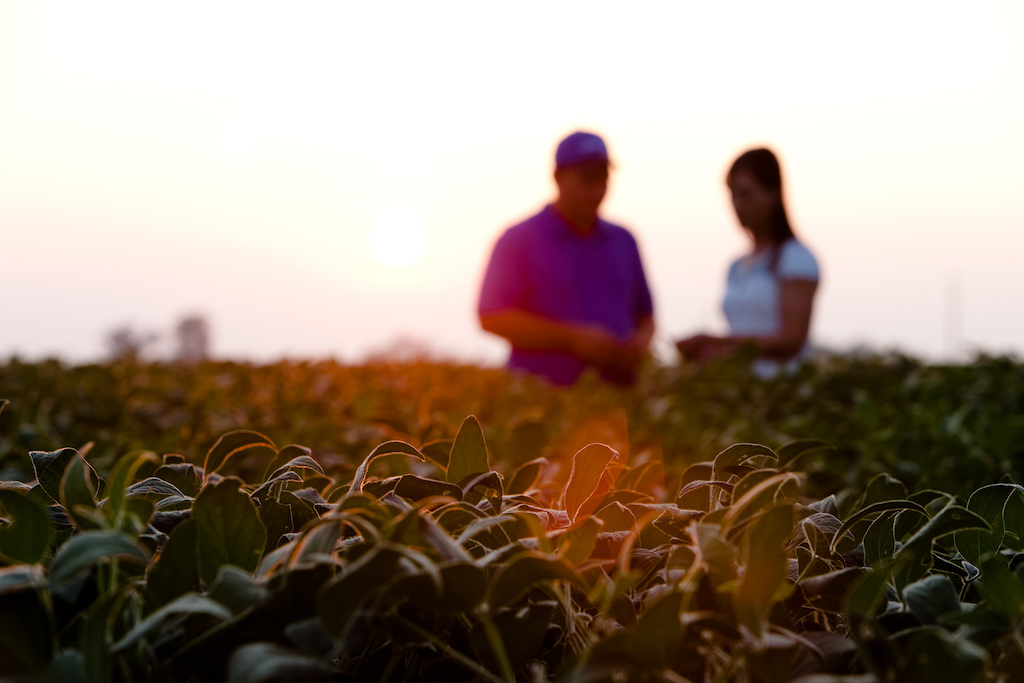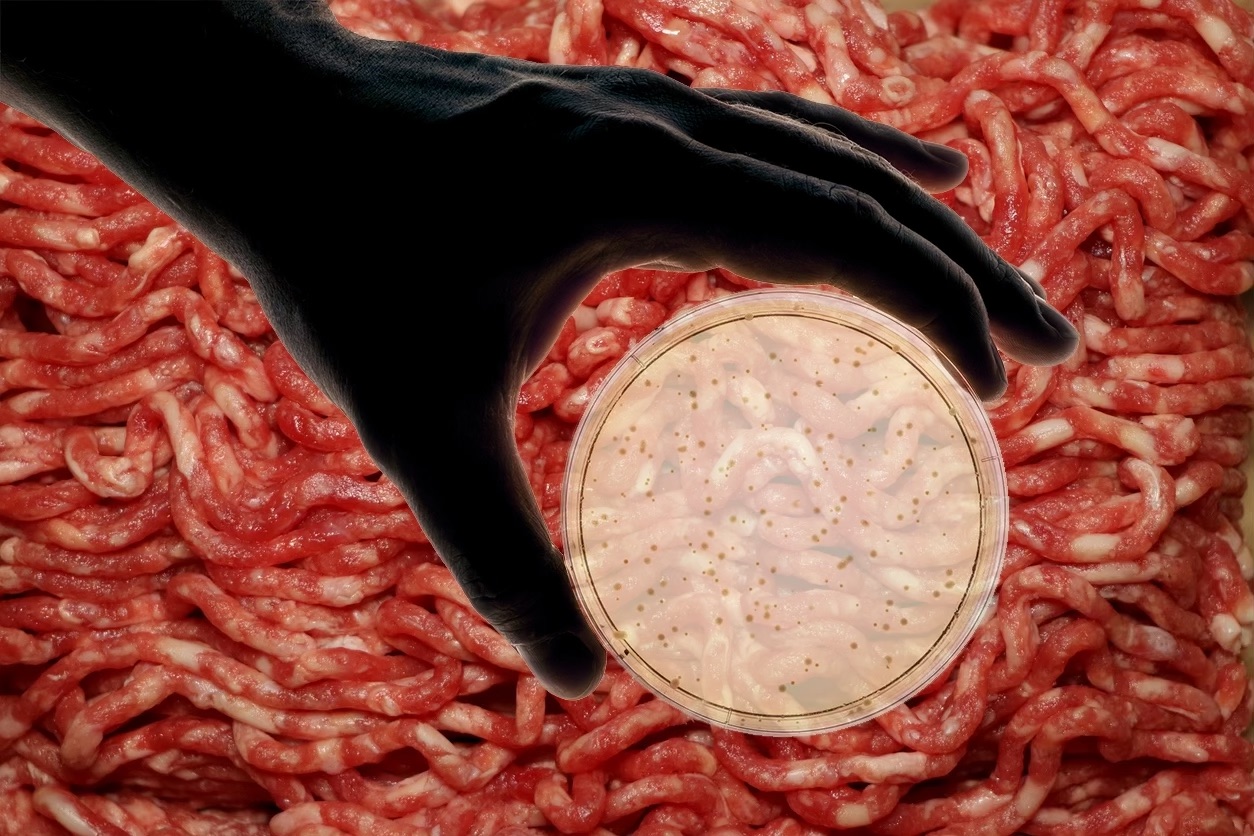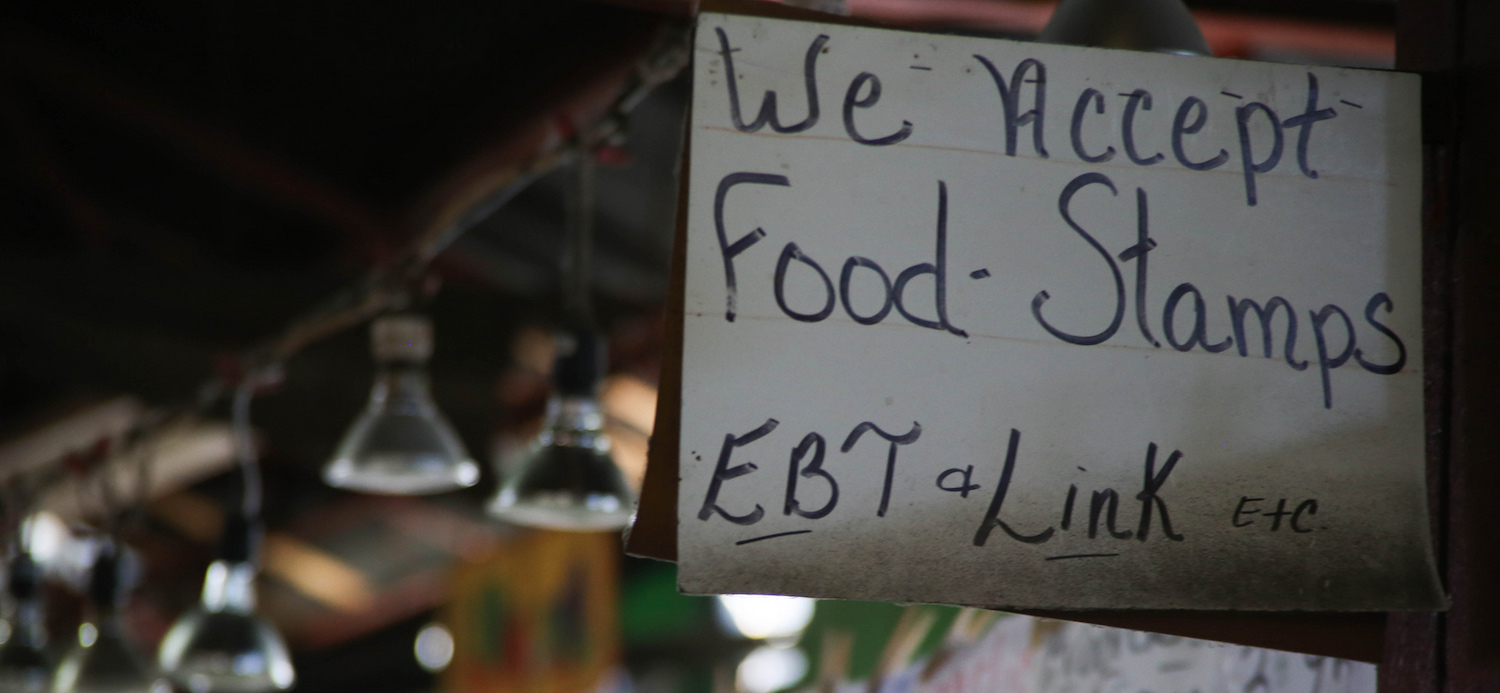A new benchmark report released today by KnowTheChain, a group of analysts who help companies uphold labor standards, scores 20 of the world’s largest food and beverage companies on their efforts to eliminate modern-day slavery and indentured servitude. The list includes companies like Coca-Cola, Kellogg, and Tyson. The average score? Thirty out of a hundred—basically an F-minus.
Last year’s Pulitzer-winning shrimp slavery exposé by the Associated Press put forced labor in the global food system back into the limelight, showing how quickly labor conditions can improve in the face of negative press. The Obama administration swiftly moved to ban slave-produced goods, subsequent investigations illuminated similar practices as close to home as Hawaii, and widespread public outcry led to boycotts of slave-peeled shrimp. But while the media attention sparked significant reform in the seafood sector, forced labor in the rest of food system remains a huge problem. The International Labor Organization, a U.N. agency dedicated to labor issues, estimates that $9 billion in illegal profits is generated from forced labor in the agricultural sector every year. Lowering that figure isn’t going to be as easy as boycotting peeled shrimp from Thailand.
 KnowTheChain
KnowTheChain
Here’s the thing to recognize: Much of the forced labor in the food system happens on everyday commodity farms, which produce ubiquitous ingredients that are hard to track and even harder to avoid eating. On, say, an American soybean farm, beans are aggregated and turned into oil at a plant far away, then used to make additives like soy lecithin for use in a wide variety of consumer products. By the time they reach the consumer, those soybeans of questionable origin have shrunk to a clinical-sounding line item at the end of a long ingredient list. Consumers might not even realize they’re buying something made from soybeans, and the human hands that picked them are all but invisible. How do you mobilize public awareness about something like that?
Then there’s the fact that “forced labor,” as defined by the International Labor Organization, is more subtle than the headlines suggest. Though it sometimes looks like flat-out violence and intimidation, it also manifests less overtly through accumulated debt, threats of deportation, and passport confiscation. KnowTheChain identifies sketchy farmworker recruitment agencies as a major contributing factor, too, as well as companies’ purchasing practices including “short-term contracts, excessive downward pressure on pricing, and sudden changes of workload.” Unacceptable coercion is not always as conspicuous as shackle-and-chain slavery.
 KnowTheChain
KnowTheChain
That’s why this report—unlike similar initiatives, like OxFam’s “Behind the Brands”—doesn’t place the onus on the consumer to eliminate forced labor. Instead, it suggests that companies and investors must take the lead on building a slavery-free supply chain, applying incentives and monitoring carefully at every turn. What others have framed as a moral imperative, KnowTheChain recasts as a smart business priority: “Investors are increasingly engaging with companies on this issue, given the long-term financial performance implications stemming from legal and reputational risks. Indeed, exposure to forced labor can not only create risk for companies, but can also generate direct reputational risks for investors themselves.”
 KnowTheChain
KnowTheChain The study found that companies are increasingly committed to eliminating forced labor in the supply chain (though they’re not being all that vigilant—the average “Commitment and Governance” score was 54 out of 100). Unilever, for instance, trains suppliers all over the world in its Responsible Sourcing Policy, and Nestle achieved a 2015 traceability milestone that included 40% of its 12 priority ingredients and materials. But most companies aren’t doing enough to enfranchise their workers directly. The average score in the “Worker Voice” category—a metric that considers employees’ access to grievance mechanisms and ability to organize—was only 14 out of 100.
Three of the companies that scored less than 15 out of 100 overall are headquartered in the United States: Tyson, Kraft Heinz, and Monster Beverage. (Monster actually scored a zero). The highest scorers include Unilever, Coca-Cola, and Nestle, though the highest score is a 65 out of 100.
Even if companies like Coca-Cola were to move labor issues to the top of their priority lists today, there’s still a long road ahead. Still, considering the labyrinthine maze of today’s global food supply, the Coca-Colas of the world may be best positioned to give us a slavery-free soda. Now, at least, they have a roadmap.


